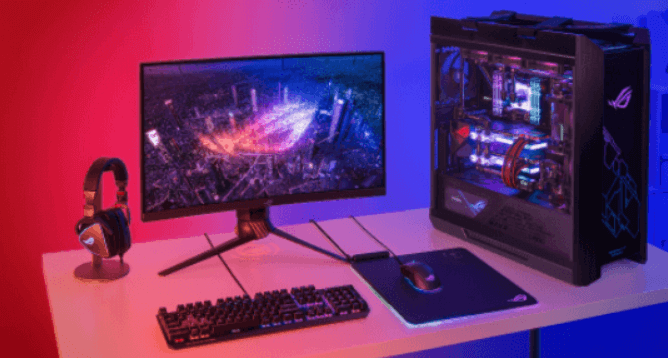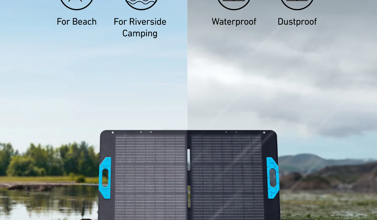Is it cheaper to build or buy a gaming PC?

In the not-too-distant past, choosing whether to build your own rig or purchase a pre-built gaming PC was generally about preference. It was a toss-up between picking components and building the rig yourself or buying a model that will most likely work the first time you remove it from the box.
However, the days of building a cheap and simple system seem to be over as there’s a chip supply crisis to contend with, which has made it harder to build your own PC. Still, there are advantages and disadvantages of both options.
Budget is an important consideration
A lot of the time, the decision to build or buy a gaming PC is determined by a person’s budget. As a gamer, you want assurances that what you end up spending money on will be up to the task. Furthermore, the concept of building a gaming PC has to contend with a fluctuating market, where demand for particular PC components could cause a rise in their prices.
For example, when cryptocurrency mining was at an all-time high, miners made use of video cards because of their processing power. This caused the prices of GPUs to skyrocket, which subsequently made buying a pre-built gaming PC—such as Lenovo gaming desktops—less expensive.
When deciding on a gaming PC, it is advisable to find out the market prices at that time. This way, you will have a better idea about the feasibility and cost-effectiveness of either buying or building your PC. Here are a few advantages and disadvantages of building your own gaming PC.
Advantages of building a PC
- Customization
This is the major benefit of building a PC. You’ll have the opportunity to select the components of your choice. This way, you can tailor the components to suit your performance and design needs. You will be able to design the PC to be optimal in performance for specific tasks and games.
- Cheaper
As well as having control over the components, you will also be responsible for assembling the PC. A lot of people might find this task very complicated to execute, but with a little help from YouTube or Google, you could end up saving a considerable sum that would have been spent on assembly expenses. Granted, it will take a while before you can completely assemble the PC and get it to work, but this venture is worth it more often than not.
- Accomplishment
For some people, the excitement and satisfaction that comes with building a PC cannot be rivaled. Mounting the motherboard in the case, placing the CPU, introducing the RAM, and so on, are tasks that give people the sense of accomplishment—especially when the PC actually runs without hitches.
Disadvantages of building a PC
- Time
It will take a while to assemble a PC—especially if you’re learning on the go. Also, there might be a handful of tasks that are beyond your capabilities and knowledge for some time. This will likely happen because you don’t have the right tools or you simply don’t know how to perform the task, and this will undoubtedly slow down the assembly time.
- Risk of damage
This might be hard to fathom, especially if you are fairly familiar with the components. However, the is a risk of damage occurring—most likely in cases where the user has little knowledge of the process. There are certain factors you might regard as being harmless (e.g. static electricity), but some of them have actually caused damage to components before. If an issue does occur, you will not be able to call official support for any help. The warranty will also be voided when a component is damaged during assembly.




